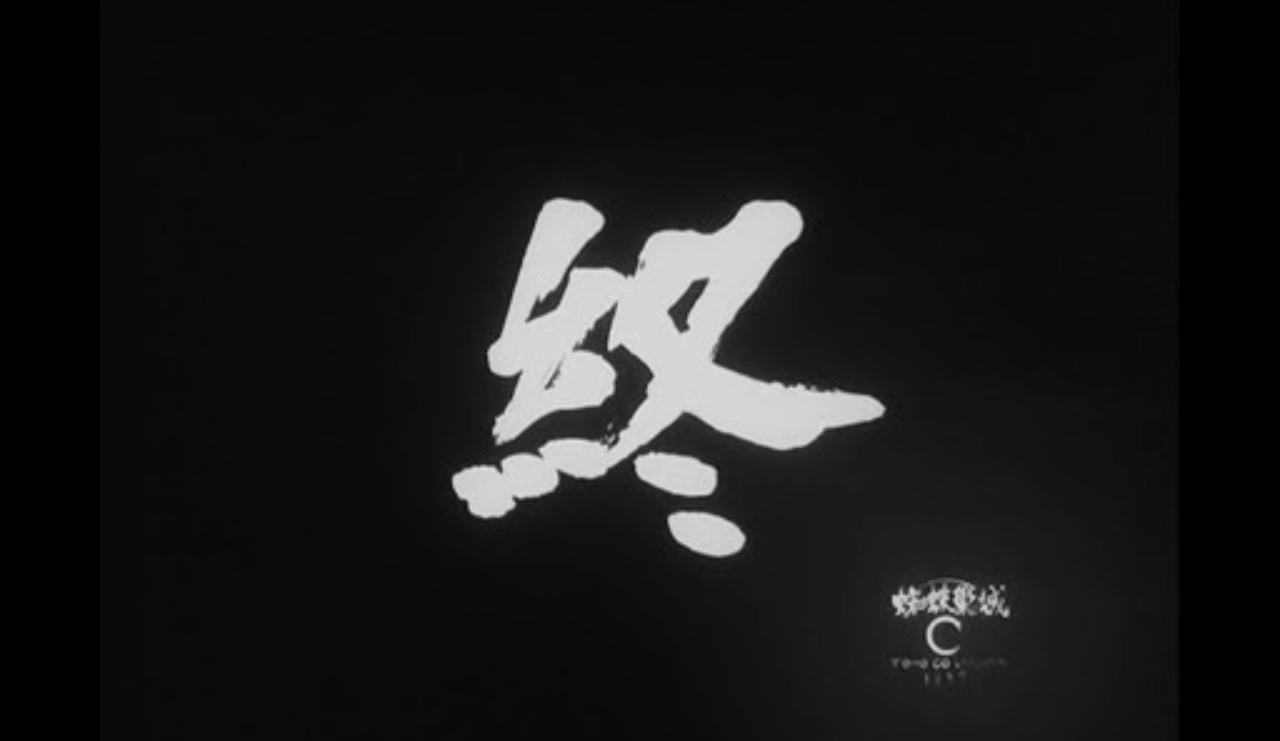“Critical Thinking” was already taken, so I’ll go with my similar-but-different answer of critical evaluation of sources/information. When I was a kid, we were never to let anyone in when home alone, even to just use the phone. We were told never to believe anyone on the other side of that door that wasn’t family or emergency services (and even then to call the neighbors in the latter case). Today, so many of the same people who told me this are fooled by dis- and mis-information online or believe very poor sources. Sometimes, it does fall into the trap of “my sister/brother/pet albatros shared it so it must be true!” of thinking the source is already verifies. We all should get better at this.
I’ve experienced this phenomenon as well and I’m always wondering if people become more naïve as they age or if this is, in fact, too much information for people from another era to process.
The combination of critical thinking and critical evaluation leads, inexorably, to critical theory. This is where critical race theory, critical psychology, critical sociology, and critical pedagogy arise.
How to not be evil. You’d think it’s simple, but evidently not.
Because it’s subjective?
EDIT: example - abortion is evil for conservatives, but it is practically good for others
“Evil” does not mean “something I don’t like.” Conservatives are evil by their own standards too.
Empathy, and I expect the why speaks for itself.
To use the bins/trash cans and stop littering. Especially on beaches, parks, reserves and on the motorway.
By extension also, cigarettes, plastic, and aluminium/cardboard. Hate that.
It’s one thing if it’s compostable fruit, but cigs… do those smokers seriously think it’ll just go away?
Critical Thinking skills. Imagine a world where everyone is able to sus out the lies, separate fact from fiction, and not fall into pitfalls of illogical thinking.
The fact that psychedelic drugs like mushrooms and LSD aren’t as dangerous as media and politics make them out to be.
They are actually among the physically safest drugs out there, even when including caffeine and sugar. They can be used in so many ways for self-improvement and treating depressions, anxiety, PTSD and many other conditions.
The book ‘How to change your Mind’ by Michael Pollan is a wonderful read on the topic.
Maybe it’s not just “one thing”, but ethics. How to make decisions in a systematic way; how to do it in advance; how to weight morality, practicality, and aesthetics to reach a decision that you’ll be satisfied with twenty years later, a decision you could explain and defend to another ethical person before or after the fact.
Is there something I can read to learn how to do this? A book or course? Or is this something gained only through experience and thought?
Definitely easier and you’ll get farther reading the works of ethical philosophers as seeing what makes sense to you than starting from scratch. For me, Kant, Adam Smith, Plato, and the Stoics were the most influential, but I also read a lot of Christian and Buddhist religious philosophers.
I myself tend to think of ethics as having three components, as I alluded to above: What is moral, what is practical, and what is beautiful. And while beauty is mostly subjective and practicality mostly objective, morality is a lot trickier.
A lot of us seem to agree, because we were taught it or otherwise, that some actions (or results, or thoughts, or attitudes) are morally good and should be pursued and some are morally evil and should be rejected, repudiated, or opposed. And we even agree most of the time about a lot of what is “good” and what is “evil”. Some say that this is because it’s subjective, others think that there are objective moral truths and we have discovered them, as yet, only imperfectly. Which if either of these camps you fall into isn’t really all that important for learning to think ethically, though; what’s important is to have moral precepts that you understand and can strive towards. If you can’t understand your own moral code, how can you seriously attempt to follow it?
Once you have the ability to do moral reasoning, you learn to balance it against practical reasoning, eg. “How much can I afford to donate to charity each month and still pay rent? Are there more effective ways to use that sun for good in the world that donating it to this charity?” and weigh in your aesthetic preferences as well. After some practice, you’ll know why you did whatever you’ve done, and hopefully, be able to explain your reasons to others, even if they don’t share your practical concerns or moral code.
I wish we could learn from our mistakes.
Basic computer literacy.
I agree. It is insane that they don’t make sure people understand computer basics, now that our life is defined by computers. I hate that people are divided to the “tech savvy” and “tech ignorant” camps at work. It makes me question what sci-fi had me believe about “technologically advanced societies”.
How to properly go through a four-way stop.
Responsibility, way too many people do things without any thinking and making everything into shitshow because of not thinking
Probabilities and basic stats. People do not think in “what are the chances” but in black and white. I think one reason is we don’t teach probabilities in American schools. It drastically impacts a citizens ability to understand the news, and especially science.
What if the purpose of school isn’t inherently to teach people stuff?
Then my point still stands?
Layman statistics is not the hill I would die on. Otherwise (being guilty of the fallacy myself) I now think that making a subject mandatory school lesson will only make people more confidently incorrect about it, so this is another hill I won’t die on for probability and statistics. See for instance the widespread erroneous layman use of “statistical significance” (like “your sample of partners is not statistical significant”) you see it is a lost cause. They misinterpret it because they were taught it. Also professionals have been taught it and mess it up more than regularly to the point we can’t trust studies or sth any more. So the solution you suggest is teach more of it? Sounds a bit like the war on drugs.
What’s your solution?
Class consciousness.
So then we stop fighting each other for peanuts and look at who gets to benefit from our generalised political apathy.
My gut answer was math.
Yeah it’s not as important as decency. But fucking hell people, it’s not that scary and it teaches you to think in ways a lot of people could use to think
Me: Composting
Interesting choice.
Recently local people were forced to separate bio waste from regular waste or compost bio waste themselves.
There were so many smelly failures around town for a long time and many gave up. Just small mistakes.
Today was “compostable” trash collection day, and BOY do the streets smell like SHIT. Like literal, human SHIT 😭






